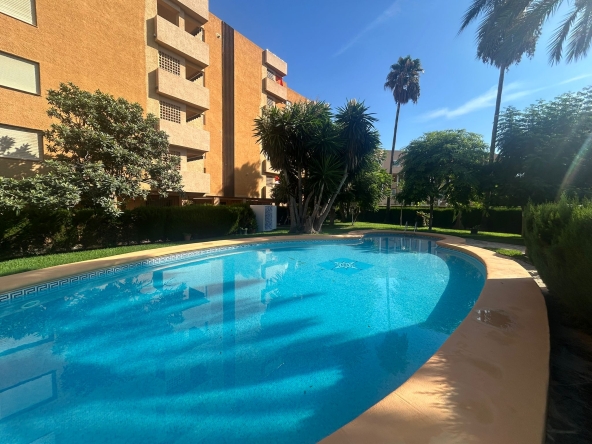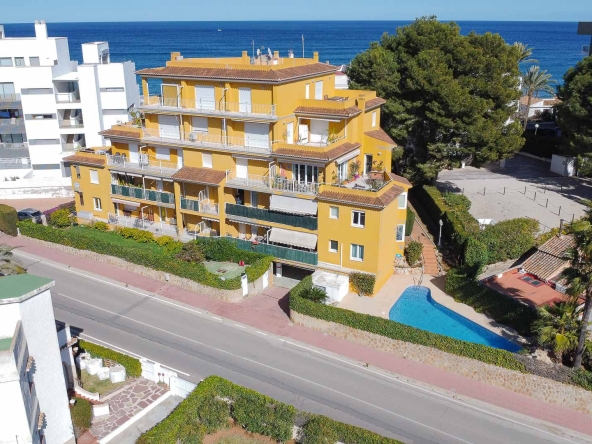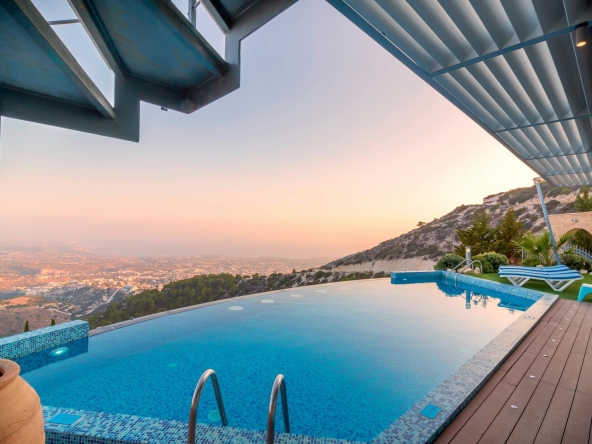Buying an apartment in Spain is a dream for many — and for good reason. With its Mediterranean lifestyle, beautiful coastlines, and accessible property prices, Spain remains one of the top destinations for international buyers. But purchasing property abroad comes with a few key steps you need to understand.
Here’s a comprehensive guide to help you navigate the process from start to finish.
Can Foreigners Buy Property in Spain?
Yes. Spain places no restrictions on foreign nationals purchasing property. Whether you’re from the EU, the UK, the US, or elsewhere, you can buy real estate without needing to be a resident or citizen. Many buyers purchase second homes, holiday apartments, or even investment properties without living in Spain full-time.
What You’ll Need to Buy
Before you can complete a property purchase in Spain, there are a few essential documents and requirements:
NIE (Número de Identificación de Extranjero): This is your foreigner identification number. It’s mandatory for any financial transaction in Spain, including buying property, paying taxes, and setting up utilities.
Spanish bank account: You’ll need one to transfer funds, pay fees, and manage ongoing costs like electricity and community charges.
Valid passport or ID: Your identification must be current and valid during the buying process.
Power of Attorney (optional): If you can’t be present to sign documents, you can grant this to your lawyer or representative in Spain.
How Much Does It Cost?
Beyond the purchase price, it’s important to factor in additional costs, which typically add around 10 to 15 percent to the total. These may include:
Transfer tax (for resale properties), which varies depending on the region.
VAT and stamp duty, applicable if you’re buying a new build.
Notary fees, land registry charges, and legal fees.
Mortgage arrangement fees, if you’re financing the purchase.
Make sure your lawyer provides a full cost estimate before proceeding.
Why You Need an Independent Lawyer
It’s strongly recommended — if not essential — to hire an independent lawyer. Don’t rely on the seller’s or estate agent’s lawyer. An independent lawyer acts solely on your behalf, verifying that the apartment is legally registered, free of debts, and safe to purchase.
They’ll handle due diligence, review contracts, ensure permits are in place, and represent you if you’re not in Spain. This small investment can protect you from major legal and financial risks.
Things to Check When Buying an Apartment
Apartments in Spain often belong to a larger building or urbanisation, which comes with shared responsibilities and community rules. Before you buy, be sure to check:
Community fees: These cover shared amenities like lifts, gardens, pools, and cleaning. Fees vary depending on the property and location.
Building maintenance and repairs: Ask if any major repairs or structural works are planned, as these could result in unexpected charges.
Rental rules: Some communities have restrictions on short-term or holiday lets, which could affect your rental plans.
Noise and lifestyle factors: Think about whether the area suits your lifestyle — busy tourist zones might not suit full-time living, and quiet inland areas might not attract short-term renters.
Buying with or without a Mortgage
If you need a mortgage, it’s best to start the approval process early. Spanish banks will usually lend up to 60–70% of the property’s value to non-residents, and you’ll need proof of income and other financial documentation.
Cash purchases are quicker and simpler — especially for overseas buyers — but both routes are perfectly feasible.
Final Step: Signing the Escritura
Once everything is approved, you’ll sign the escritura pública (the public deed) at a Spanish notary. This is the official moment when ownership transfers to you.
After signing, the property is registered in your name at the Land Registry, and you’re officially the new owner.
Final Thoughts
Buying an apartment in Spain is entirely possible for foreigners, and the process is straightforward if you have the right team. Do your research, work with trusted professionals, and don’t rush. Whether it’s a holiday getaway or a long-term investment, Spanish property can offer lifestyle, value, and long-term potential — if you buy smart.
Need help navigating the market or choosing the right area? Feel free to get in touch — I’m here to guide you.




